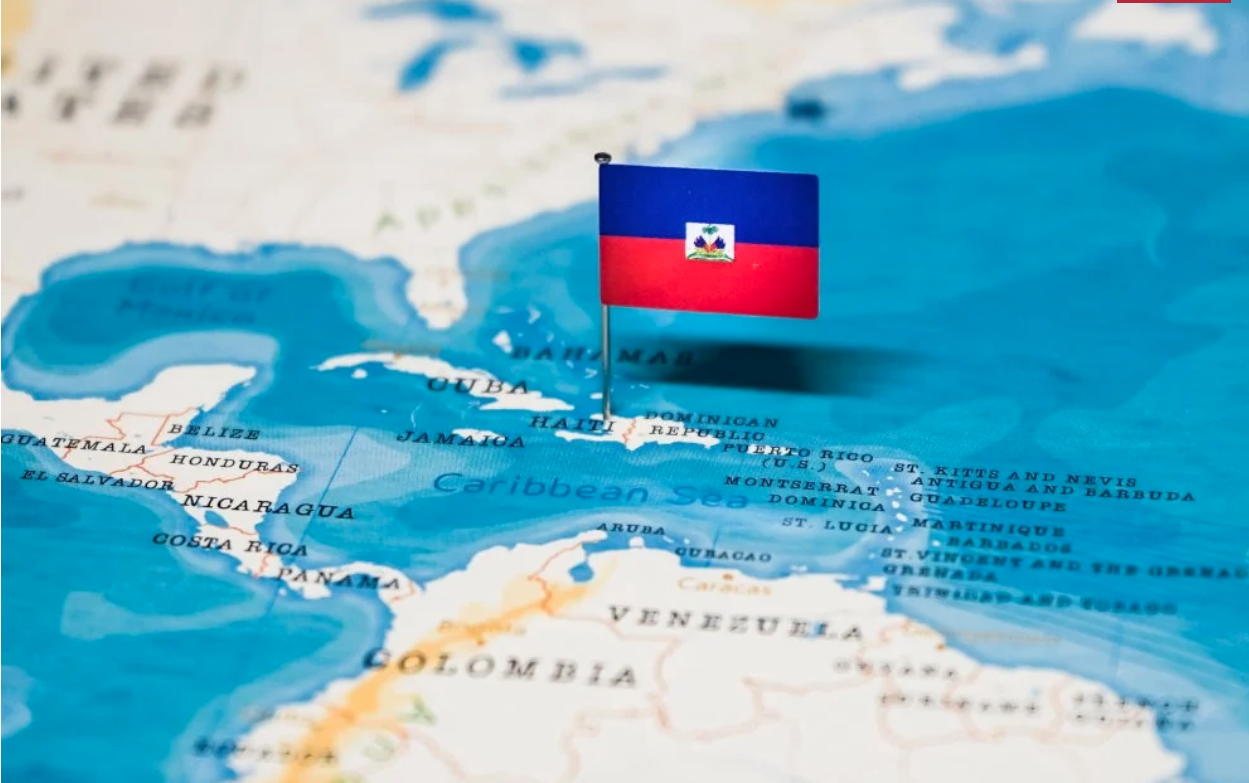Washington may not yet realize the degree to which its southern flank is exposed.
This week, UN Secretary-General António Guterres called for an intervention in Haiti to restore democratic governance. He didn’t just call for help; he specifically requested it in the form of military special forces and police to attack and destroy the criminal gangs which have taken over Haiti.
Since the assassination of Haitian President Jovenel Moise in 2021, Haiti has been overrun by criminal gangs that have disrupted critical supply chains and taken over control of food and oil imports. Haiti has been a “Mad Max” failed state for more than a year now, with no signs that its internal political and governmental apparatus can regain control.
The United States, having conducted numerous Haitian expeditions over the past 100 years (one of which I participated in during the mid-1990s), has studiously avoided getting pulled into attempting to fix Port-au-Prince. Currently bogged down supplying and advising a losing war in Ukraine, Washington is unable to muster the will or bandwidth to deal with Haiti. Moreover, the optics of white special forces killing brown people in night raids against Haitian gangs is impossible to rationalize given Washington’s current cultural and political environment. Attempts to find a proxy, such as Kenya, will likely not bear fruit in restoring order.
Washington does not want direct involvement in Haiti. Neither the White House nor the Department of Defense is capable of employing the nuanced power required to deal with the problem. But neither can it allow Haiti to continue its Mad Max existence so close to our southeastern coast—and in our hemisphere. Power does not tolerate a vacuum, and there is an immense vacuum in Port-au-Prince.
What then does the future of Haiti look like? One possibility is that China could step into the gap and provide an armed peacekeeping force. Geopolitically, it would be a crushing blow to Washington and put it on the horns of a dilemma. Does the White House change track and send U.S. Marines and special forces to Haiti—with all that goes with such a deployment? There would surely be combat with Haiti’s well-armed gangs, many now populated by former Haitian security forces and military personnel. Or does it allow China to step into Haiti and supplant the U.S. as the new global peacekeeper? China is much less concerned with the optics of killing brown people to restore order in Port-au-Prince. A China peacekeeping deployment to Haiti fits firmly within President Xi Jinping’s Global Security Initiative as a tool to dethrone Washington from its global hegemon role. Realistically, such a deployment would result in a permanent Chinese presence and a new client state for Beijing only miles from the U.S. coastline. This is an exposed flank.
In light of Guterres’ targeted requests for assistance, China’s foreign ministry likely sees this exposed flank, but will they act? At present, there is little indication they are moving to exploit this U.S. vulnerability, but they do have the capability. China’s navy could deploy a brigade-sized amphibious task force to Haiti in a matter of weeks and sustain it from a forward support base in Cuba. Following an initial amphibious entry, it could then deploy People’s Armed Police units as an occupation and nation-building force. This would be an opportunity to warm up its amphibious forces before a military operation against Taiwan and to demonstrate its chops as a new global superpower.
Washington may not yet realize the degree to which its flank is exposed, but once it does, it must certainly honor the threat. A “Suez moment” so soon before the 2024 elections would be a disaster for the Biden administration—whoever ends up running on the Democrat ticket.
Max Morton is a former colonel in the U.S. Marine Corps.
Image: Shutterstock
